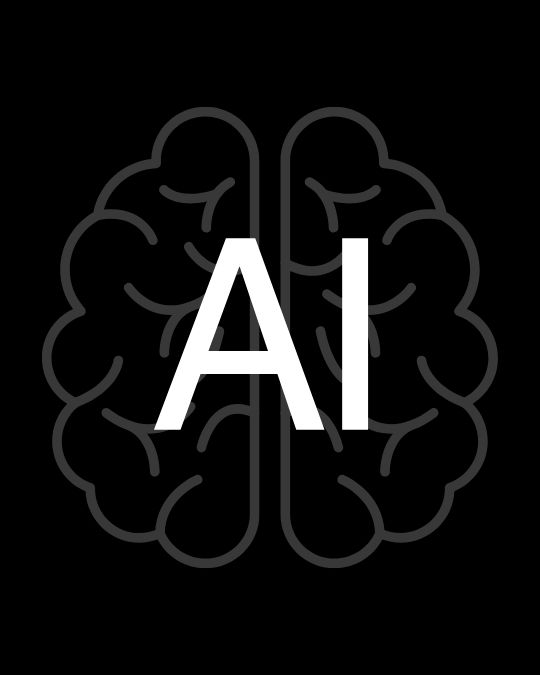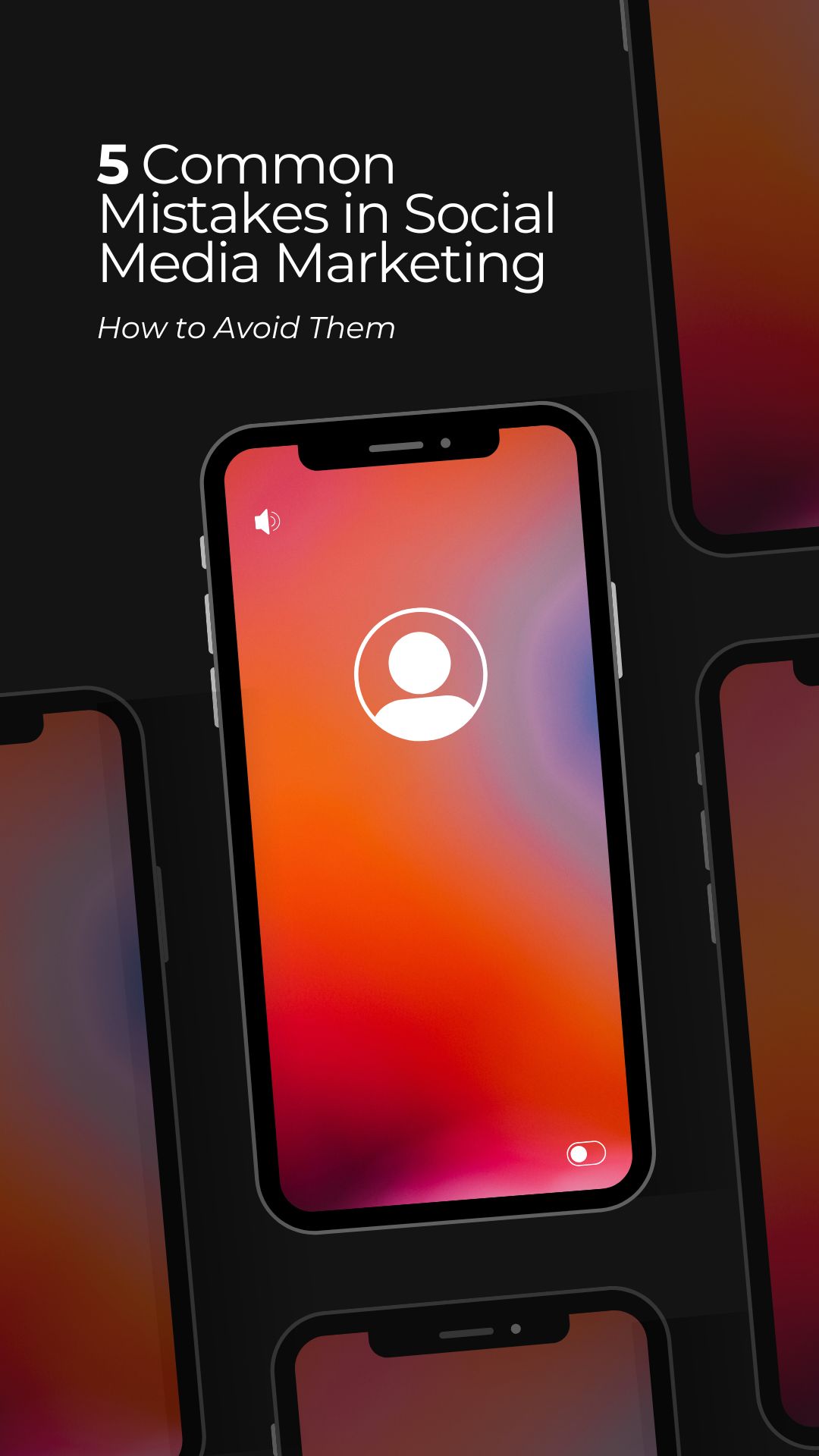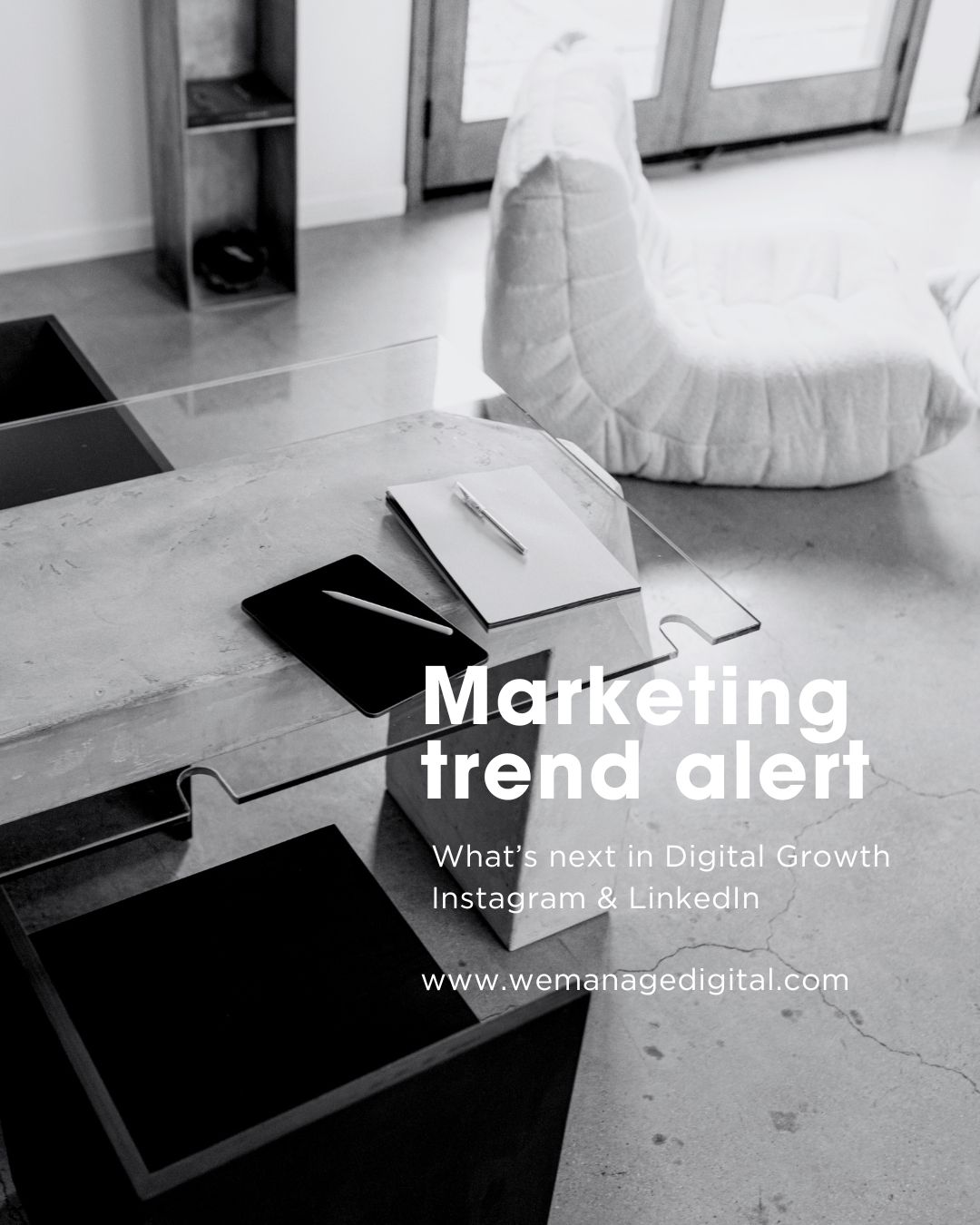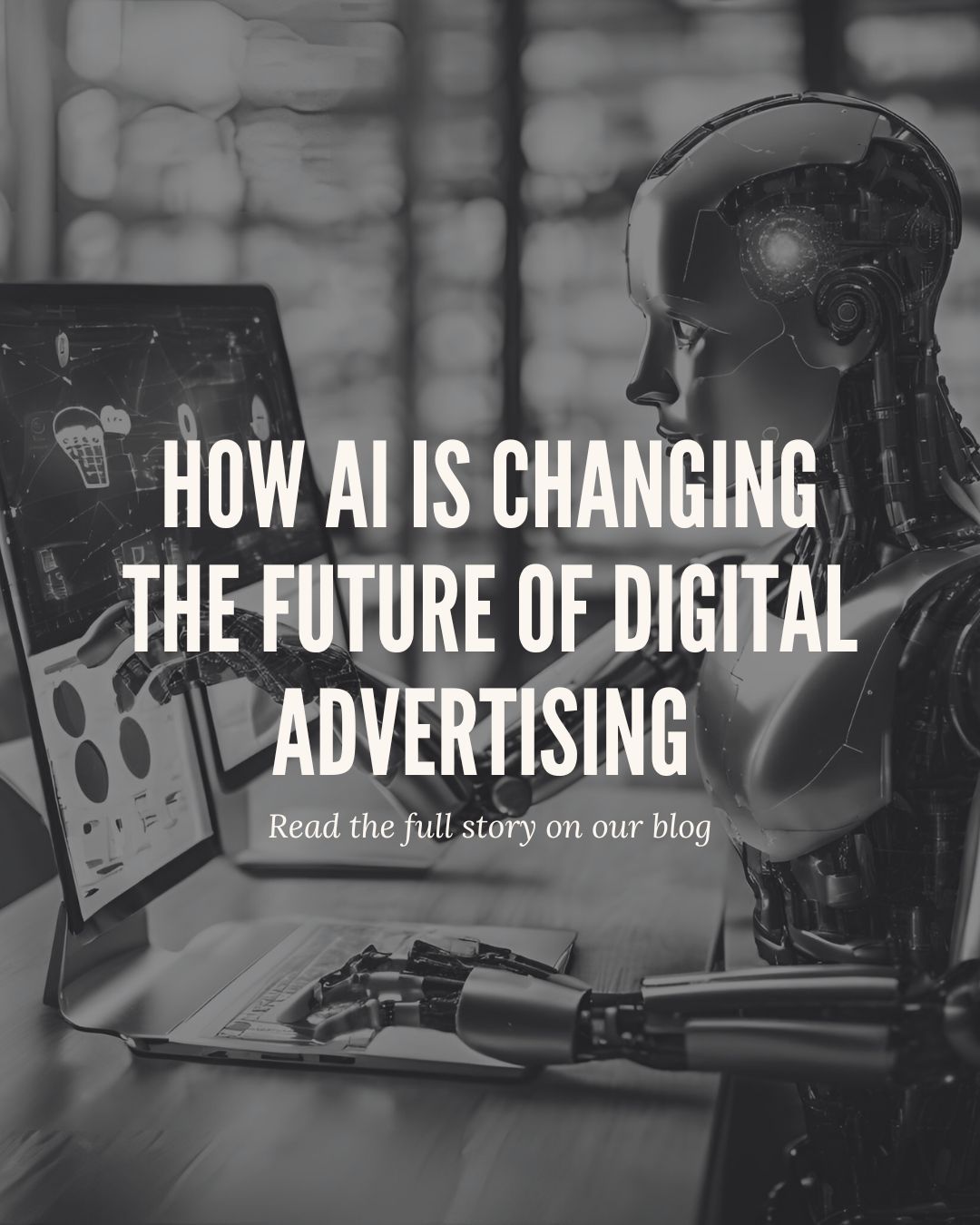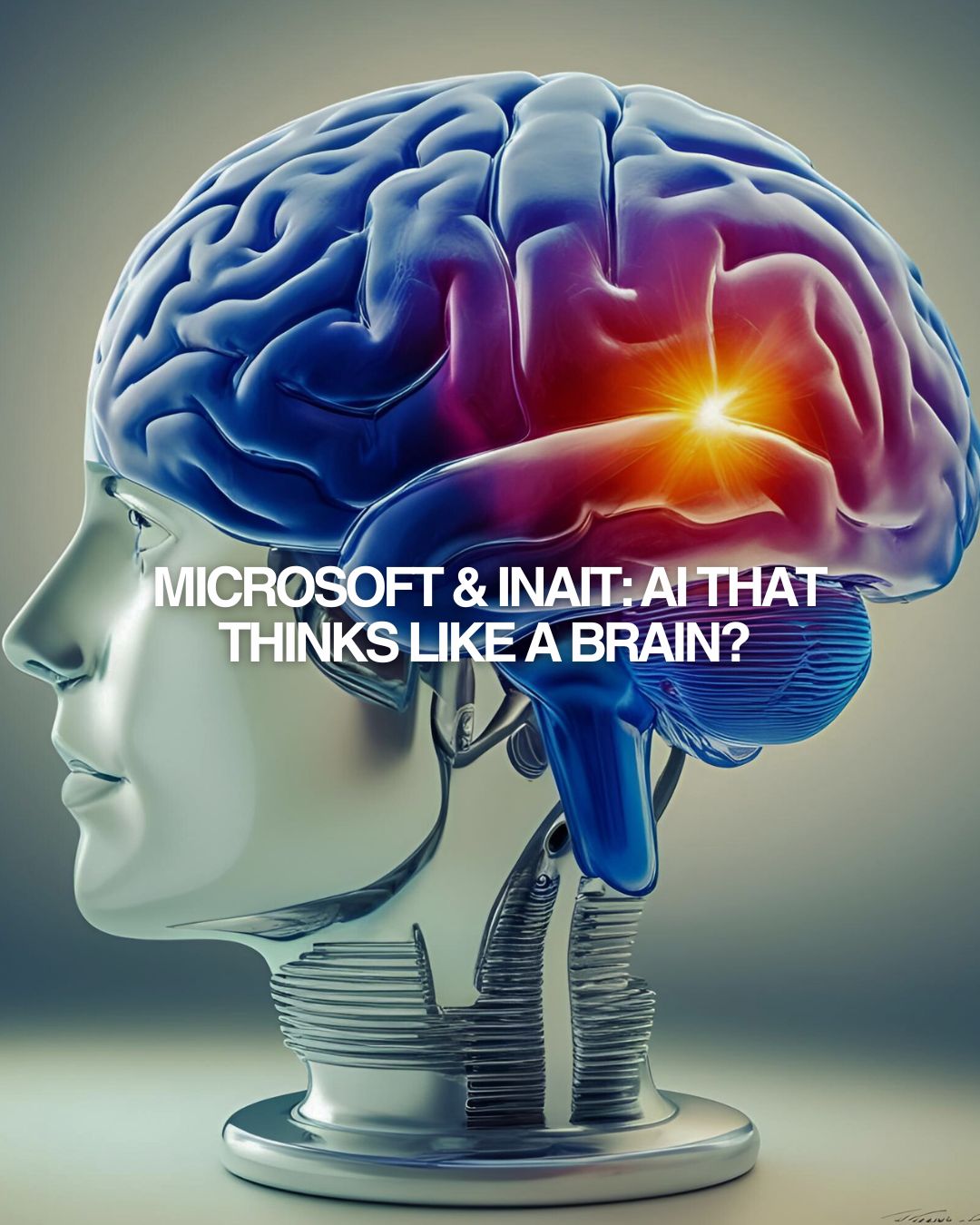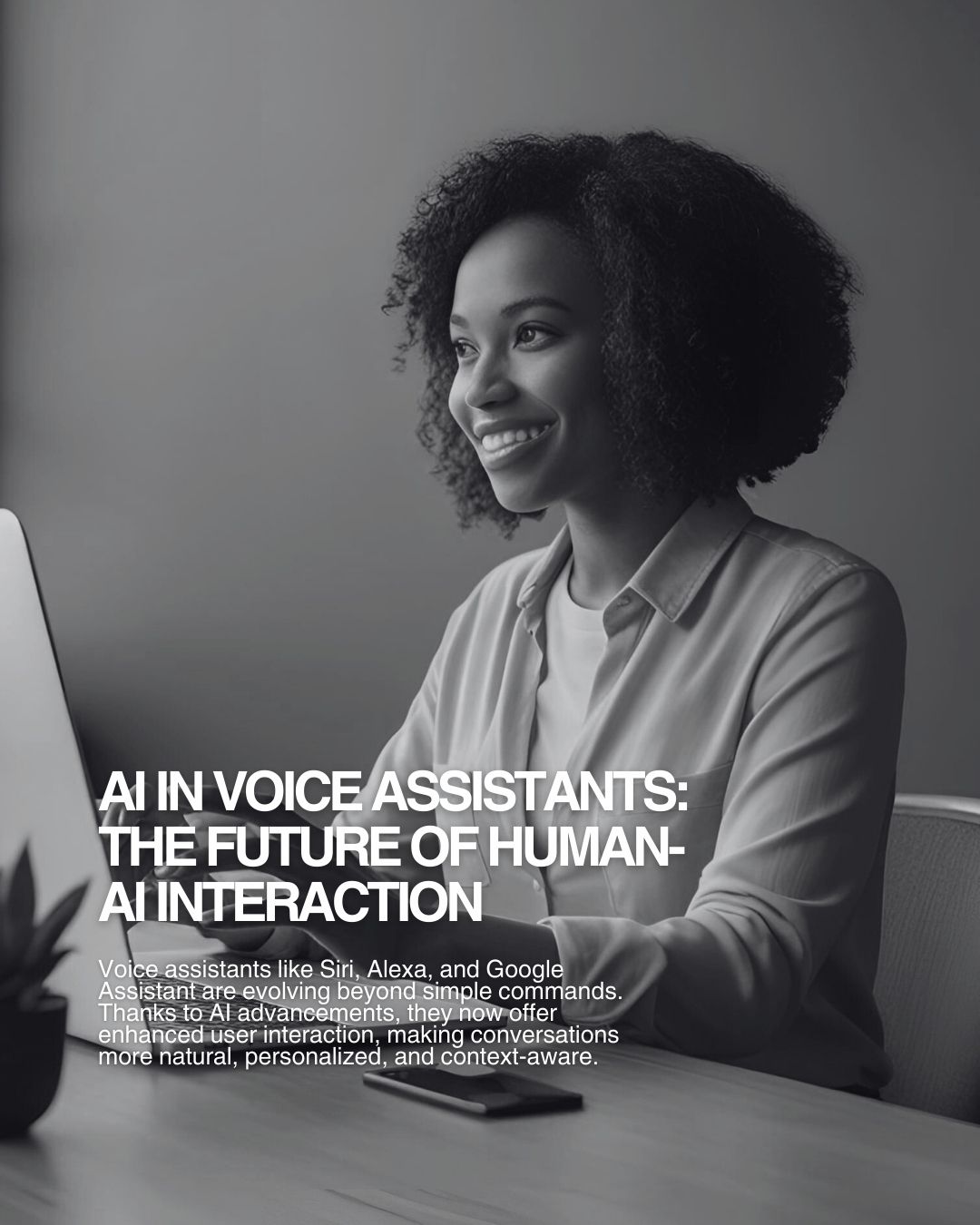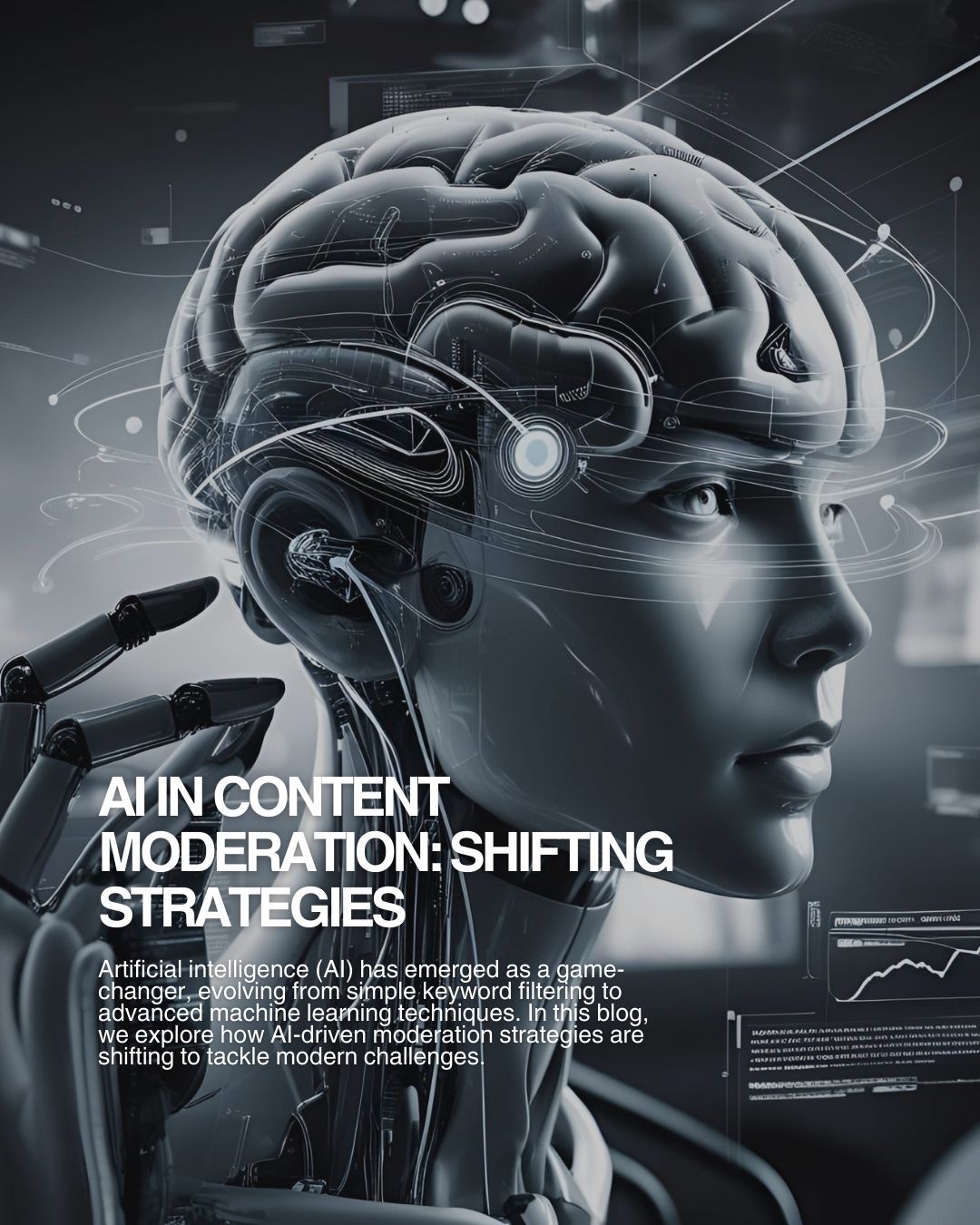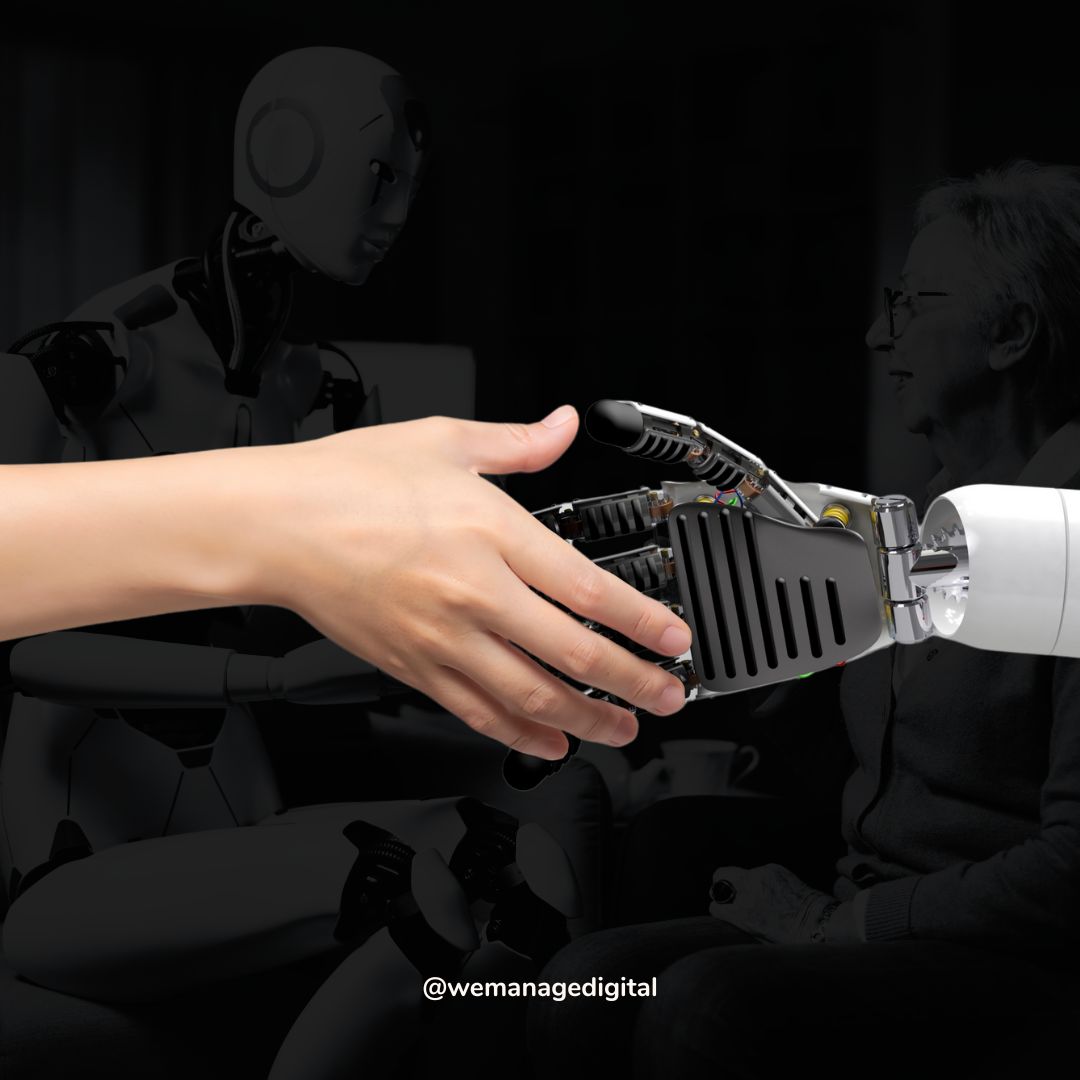Staying ahead of the curve requires understanding emerging trends and predictions that will shape the future of this dynamic field. Here’s a look at some key trends and predictions for the future of paid advertising:

1. Artificial Intelligence and Machine Learning
Current Impact:
- AI and machine learning are already optimizing ad targeting and personalization.
Future Trends:
- Advanced AI algorithms will predict consumer behavior more accurately, allowing for highly personalized ad experiences.
- Automated ad buying and real-time bidding will become more sophisticated, reducing the need for manual intervention.
2. Voice Search Advertising
Current Impact:
- Voice search is growing, with devices like Amazon Echo and Google Home becoming household staples.
Future Trends:
- Ads will be tailored for voice search queries, focusing on conversational keywords.
- Voice-activated ads will become more interactive and integrated into smart home devices.
3. Augmented Reality (AR) and Virtual Reality (VR) Ads
Current Impact:
- AR and VR are enhancing user experiences in gaming and shopping.
Future Trends:
- Brands will leverage AR/VR for immersive ad experiences, such as virtual try-ons and interactive product demos.
- Expect more social media platforms to integrate AR filters and lenses for branded content.
4. Privacy and Data Security
Current Impact:
- Increased regulations like GDPR and CCPA are reshaping how advertisers handle user data.
Future Trends:
- Transparency and consent will be paramount, with users demanding more control over their data.
- Contextual advertising (ads based on the content being consumed rather than user data) will rise as a privacy-friendly alternative.
5. Programmatic Advertising
Current Impact:
- Programmatic advertising automates the buying and selling of ad space.
Future Trends:
- Enhanced by AI, programmatic will become more efficient, offering even more precise targeting and real-time optimization.
- Programmatic TV and out-of-home (OOH) advertising will expand, making digital ad buying more holistic.
6. Social Commerce Integration
Current Impact:
- Social media platforms are increasingly incorporating shopping features.
Future Trends:
- Shoppable ads will become standard, allowing users to purchase directly from social media posts and stories.
- Integration with AR will enhance the shopping experience, enabling users to visualize products in their own environment.
7. Influencer Partnerships and Sponsored Content
Current Impact:
- Influencer marketing is a staple in many digital strategies.
Future Trends:
- Micro and nano-influencers (influencers with smaller but highly engaged audiences) will become more valuable for targeted campaigns.
- Transparency in sponsored content will increase, with clearer labeling and disclosures.
8. Video Advertising Evolution
Current Impact:
- Video content continues to dominate digital platforms.
Future Trends:
- Short-form video ads, such as those on TikTok and Instagram Reels, will gain popularity.
- Interactive video ads, where users can choose different paths or outcomes, will enhance engagement.
9. Hyper-Personalization
Current Impact:
- Personalization is key to modern advertising.
Future Trends:
- Ads will become hyper-personalized, using detailed user profiles and real-time data to deliver highly relevant content.
- Dynamic creative optimization (DCO) will automate the creation of personalized ads on the fly.
10. Cross-Platform and Omnichannel Strategies
Current Impact:
- Consumers engage with multiple devices and channels.
Future Trends:
- Seamless cross-platform ad experiences will be essential, ensuring consistent messaging across devices.
- Omnichannel strategies will integrate online and offline data to create cohesive customer journeys.
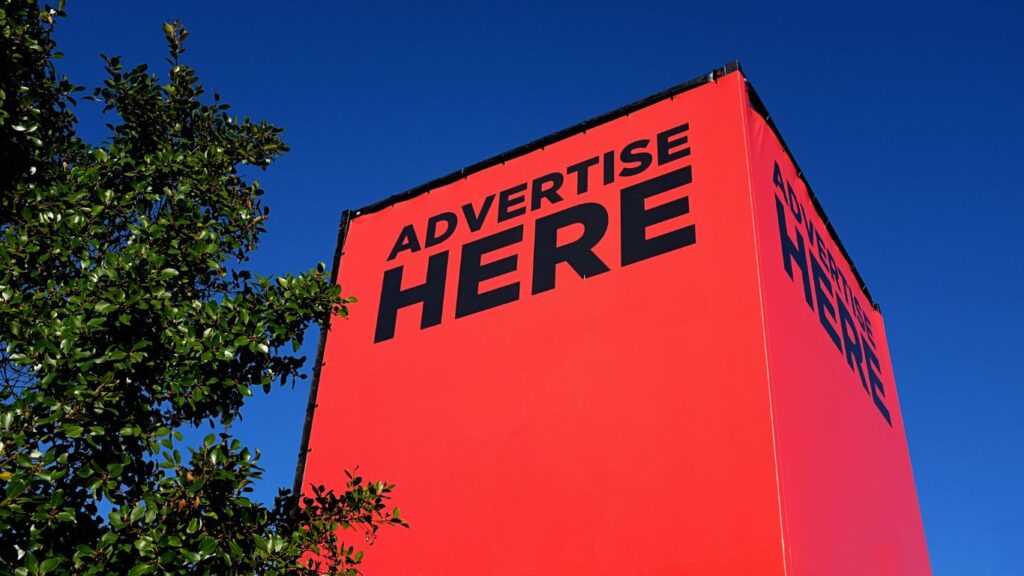
Conclusion
The future of paid advertising is set to be more intelligent, immersive, and user-centric. By embracing these trends and predictions, marketers can create more effective campaigns that resonate with their target audiences while navigating the challenges of an ever-changing digital landscape.

